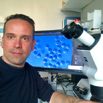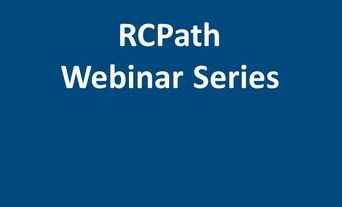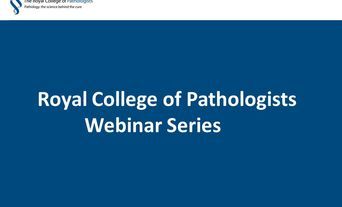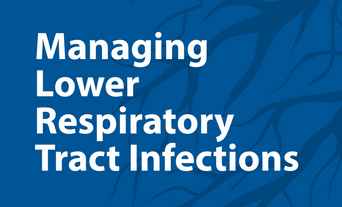Aim
This webinar will provide an up-to-date overview on accurate, clinically relevant classification of pituitary tumours with routine histological and advanced molecular techniques.
Objectives
In the webinar, following the review of pituitary gland development, clinically relevant classification of posterior pituitary tumours and specific recommendations for classification of neuroendocrine tumours of adenohypophysis will be discussed. To compare the diagnostic approach to classification of pituitary tumours across the UK centres with recently proposed diagnostic criteria, findings from a national audit will be presented. The landscape of genetic alterations observed in pituitary tumours and their role in diagnostics and biological behaviour will be addressed. An approach for classification of neuroendocrine tumours of adenohypophysis integrating histological and molecular findings will be presented.
The webinar will be supplemented with interactive practical session, where participants will have the opportunity to discuss the diagnostic approach of pituitary tumours. These cases will be available for viewing in a digital format prior, during and after the webinar for registered participants.
Target audience
Consultants and trainees in neuropathology and general histopathology interested in diagnostics of pituitary tumours.














